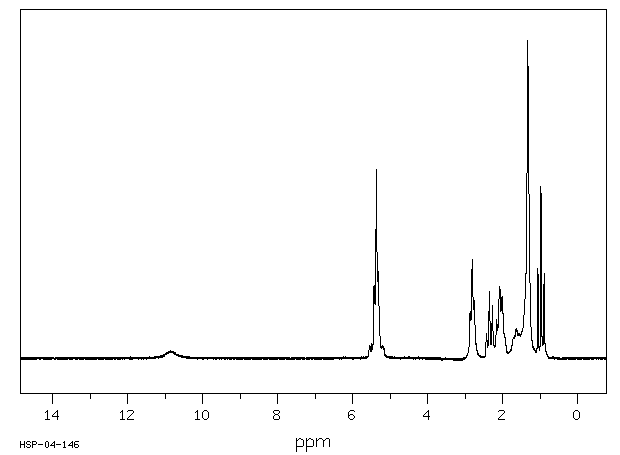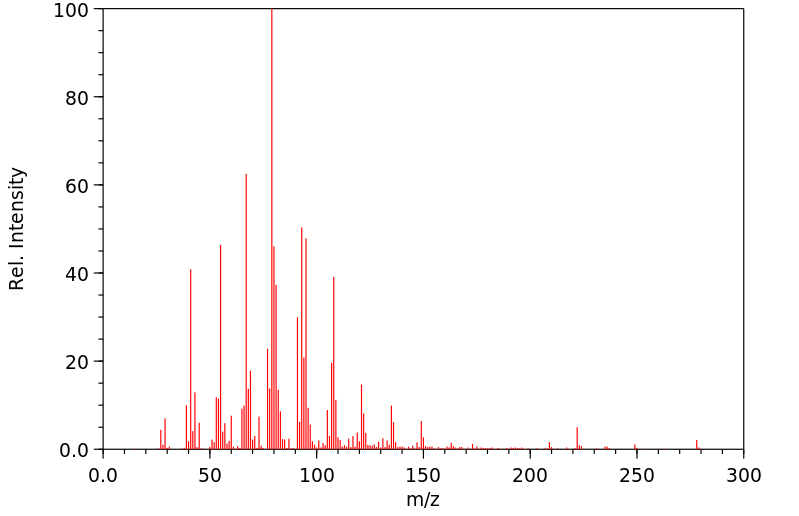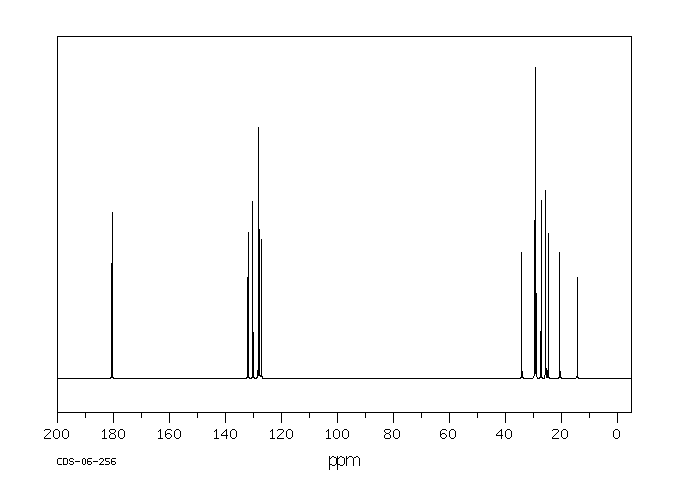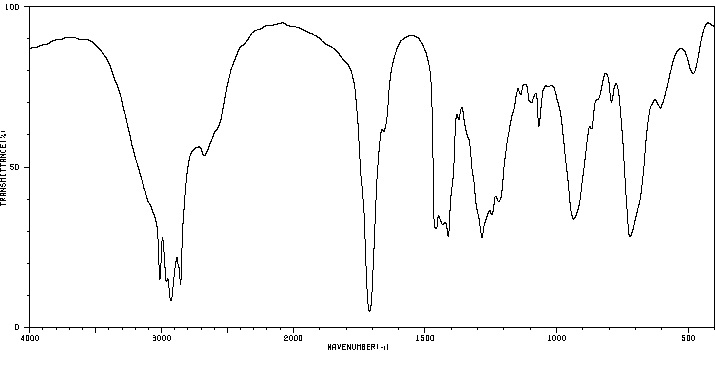毒理性
α-亚麻酸或ALA被认为是一种必需脂肪酸,因为它对人类健康至关重要,但人类自身无法合成。它实际上是一种植物来源的脂肪酸。人类可以从ALA合成其他欧米茄-3脂肪酸,包括二十碳五烯酸(EPA)和二十二碳六烯酸(DHA)。EPA是3系列前列腺素的先驱,5系列白三烯和3系列血栓素的前体。这些二十烷酸具有抗炎和抗动脉粥样硬化的特性。ALA的代谢物也可能抑制促炎二十烷酸前列腺素E2(PGE2)和白三烯B4(LTB4)以及促炎细胞因子肿瘤坏死因子-α(TNF-α)和白细胞介素-1β(IL-1β)的产生。欧米茄-3脂肪酸如ALA及其副产品可以调节许多基因的表达,包括那些与脂肪酸代谢和炎症有关的基因。它们通过影响转录因子的活性来调节基因表达,包括NF-κB和过氧化物酶体增殖物激活受体(PPAR)家族成员。ALA及其代谢物整合到细胞膜中可以影响膜流动性,可能在抗炎活性、抑制血小板聚集以及ALA的抗增殖作用中发挥作用。ALA首先通过delta6去饱和酶代谢为硬脂酸。
Alpha Linolenic Acid or ALA is considered an essential fatty acid because it is required for human health, but cannot be synthesized by humans. It is in fact a plant-derived fatty acid. Humans can synthesize other omega-3 fatty acids from ALA, including eicosapentaenoic acid (EPA) and docosahexaenoic acid (DHA). EPA is a precursor of the series-3 prostaglandins, the series-5 leukotrienes and the series-3 thromboxanes. These eicosanoids have anti-inflammatory and anti-atherogenic properties. ALA metabolites may also inhibit the production of the pro-inflammatory eicosanoids, prostaglandin E2 (PGE2) and leukotriene B4 (LTB4), as well as the pro-inflammatory cytokines, tumor necrosis factor-alpha (TNF-alpha) and interleukin-1 beta (IL-1 beta). Omega-3 fatty acids like ALA and its byproducts can modulate the expression of a number of genes, including those involved with fatty acid metabolism and inflammation. They regulate gene expression through their effects on the activity of transcription factors including NF-kappa B and members of the peroxisome proliferator-activated receptor (PPAR) family. Incorporation of ALA and its metabolites in cell membranes can affect membrane fluidity and may play a role in anti-inflammatory activity, inhibition of platelet aggregation and possibly in anti-proliferative actions of ALA. ALA is first metabolized by delta6 desaturease into steridonic acid.
来源:Toxin and Toxin Target Database (T3DB)











